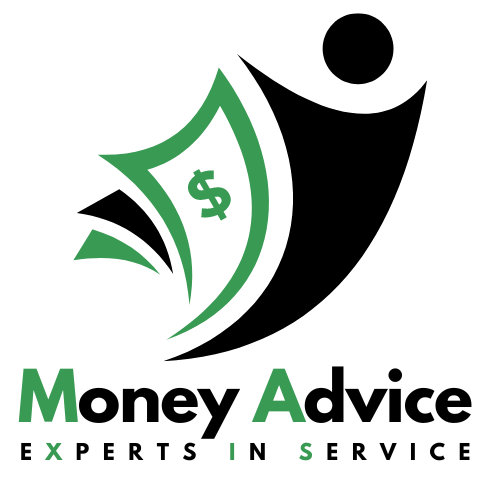Personal loans are a popular financial tool that many individuals turn to when they need extra funds for a variety of reasons. Whether it’s for consolidating debt, covering unexpected expenses, or funding a major purchase, personal loans can provide the necessary cash with flexibility in repayment terms. However, understanding the basics of personal loans is essential to make informed decisions and avoid unnecessary financial pitfalls. In this guide, we will delve into Personal Loans 101 to help you navigate the world of borrowing responsibly.
What are Personal Loans?
Personal loans are unsecured loans that individuals can borrow from banks, credit unions, or online lenders. Unlike secured loans that are backed by collateral such as a car or house, personal loans are approved based on the borrower’s creditworthiness and ability to repay. These loans come with fixed interest rates and fixed monthly payments, making them a popular choice for those looking for predictable repayment schedules.
Types of Personal Loans
There are several types of personal loans available to borrowers, each designed to meet specific needs. Some common types of personal loans include:
- Debt Consolidation Loans: These loans are used to combine multiple debts into a single loan with a lower interest rate, making it easier to manage debt payments.
- Home Improvement Loans: These loans are specifically used to fund home renovation or repair projects, with the home serving as collateral in some cases.
- Emergency Loans: These loans provide quick access to cash to cover unexpected expenses like medical bills or car repairs.
- Personal Line of Credit: Similar to a credit card, a personal line of credit allows borrowers to access funds up to a predetermined limit as needed.
How do Personal Loans Work?
When you apply for a personal loan, the lender will review your credit history, income, and other financial information to determine your creditworthiness. Based on this assessment, the lender will decide the loan amount, interest rate, and repayment terms. Once approved, you will receive the funds in a lump sum and start making monthly payments according to the agreed-upon schedule.
Pros and Cons of Personal Loans
Like any financial product, personal loans come with their own set of advantages and disadvantages. It’s important to weigh these factors before deciding to take out a personal loan:
Pros:
- Fixed interest rates provide predictability in monthly payments.
- No collateral required, making it accessible to a wide range of borrowers.
- Flexible use of funds for various purposes.
- Consolidating debt can simplify repayment and potentially save money on interest.
Cons:
- Higher interest rates compared to secured loans.
- Potential fees such as origination fees or prepayment penalties.
- Adding to debt burden if not managed properly.
Conclusion
Personal loans can be a valuable financial tool when used responsibly and for the right reasons. Understanding the basics of personal loans, including types, how they work, and the pros and cons, is crucial in making informed decisions about borrowing. Before applying for a personal loan, assess your financial situation, shop around for the best rates, and consider the impact on your overall financial health. By following these guidelines, you can make the most of personal loans while avoiding unnecessary debt stress.

 Homeowner’s Code
Homeowner’s Code Home Loan Handbook
Home Loan Handbook Turbocharge Wealth
Turbocharge Wealth 30 Ways To Pay Off
30 Ways To Pay Off Rattle the Market
Rattle the Market